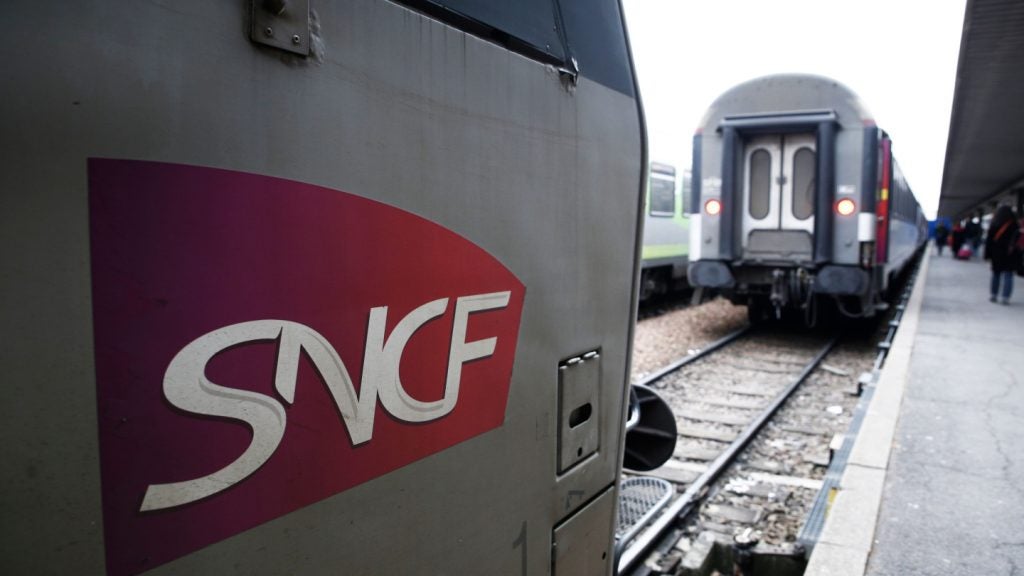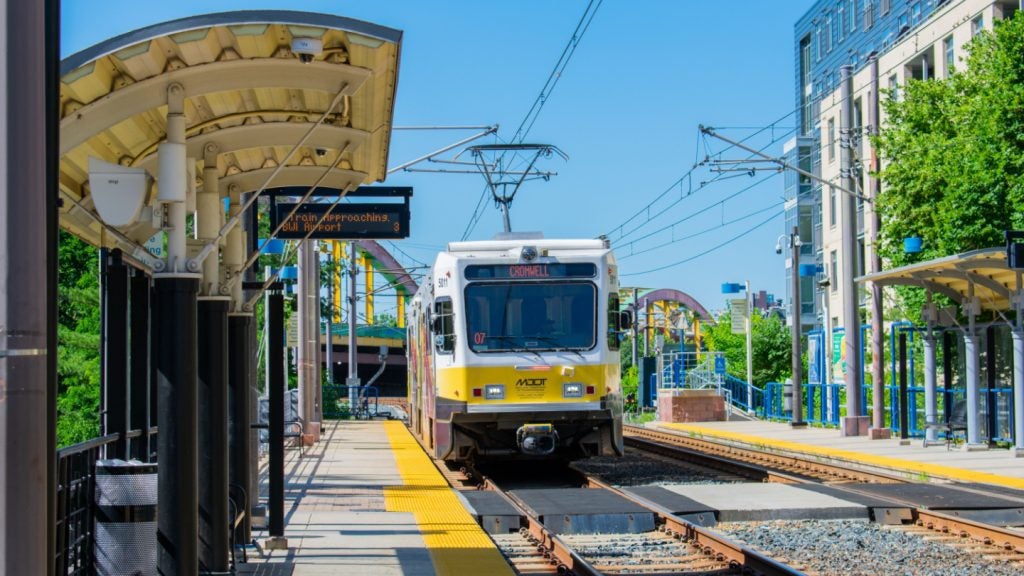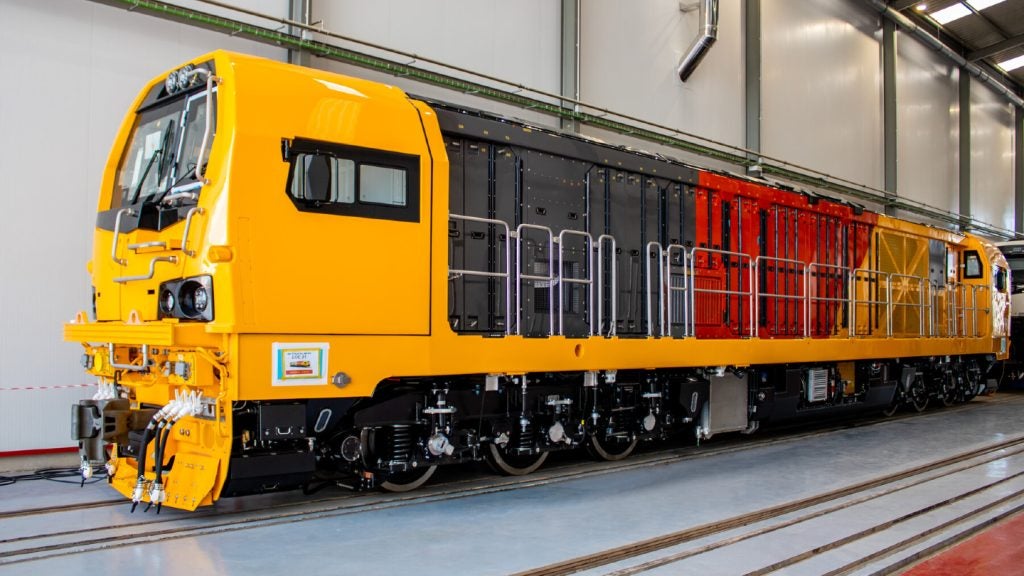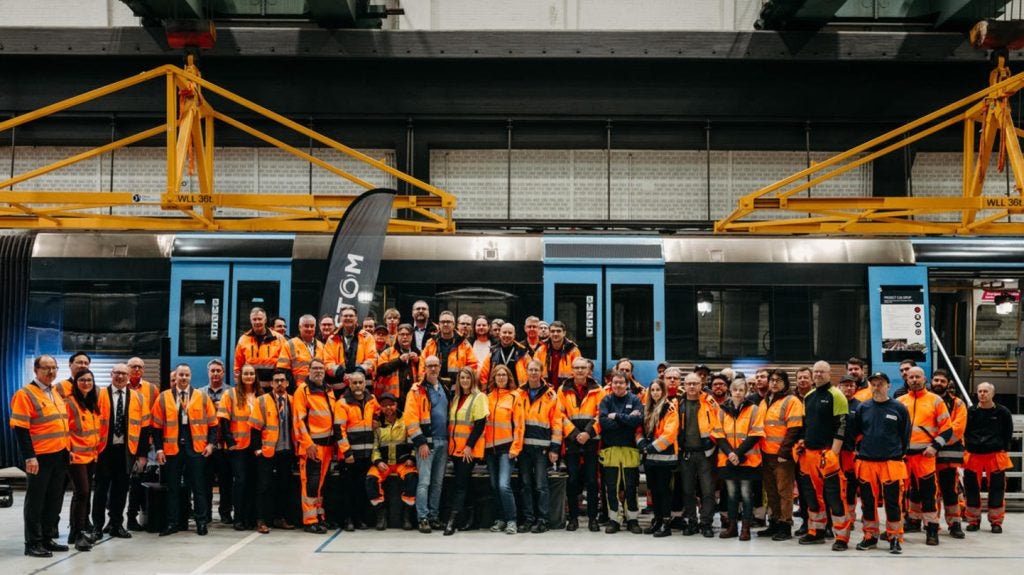French national rail operator SNCF has outlined an action plan to address issues on its central Paris to Clermont-Ferrand line in response to a breakdown incident in January that resulted in around 700 passengers stranded for hours overnight.
The plan highlighted several steps that will be taken by the operator to prevent incidents, as well as reducing response time and improving customer support and station services when incidents do occur.
SNCF Chairman and CEO Jean-Pierre Farandou visited Clermont-Ferrand to announce the plan alongside the CEOs of SNCF’s passenger focussed subsidiary SNCF Voyageurs and its network management subsidiary SNCF Réseau, French Transport Minister Patrice Vergriete, and Ecology Minster Christophe Béchu.
Farandou said: “Strategic decisions were taken by the state and local authorities to modernize the line and the trains. Between now and this new era, we must do everything we can to prevent incidents from damaging our customers' journeys.
“With the presidents of SNCF Voyageurs and SNCF Réseau, we have made concrete commitments, the implementation of which I will personally monitor.”
The breakdown incident on 19 January saw around 700 passengers travelling on the intercity service between Paris and Clermont-Ferrand delayed by 11 hours after a malfunction left their train without electricity, resulting in no lighting or heating for those onboard.
As a result of the conditions onboard, the Red Cross was sent to the site to distribute hot drinks and survival blankets before a new train arrived to bring passengers to their final destinations, around seven hours after it first broke down.
Actions to be taken by SNCF Voyageurs to address concerns over the potential reoccurrence of the issue, which also hit another train on the line, will include the acceleration of a “locomotive reliability plan” which will see detectors added to engine circuit breakers on all of its trains to remotely report failures.
Additionally, drivers will be trained on using alternative routes in the event of issues on the line, SNCF Réseau will extend the scope of its emergency locomotives, and stocks of water and meal boxes will be kept at stations to hand out in the event of a delay exceeding two hours.
Two self-propelled road-rail vehicles with nacelles will be ordered to specifically deal with overhead wire issues.
SNCF’s action plan comes only a few months after it announced project “Botox” which will restore and upgrade 104 of its older TGVs on its network.













